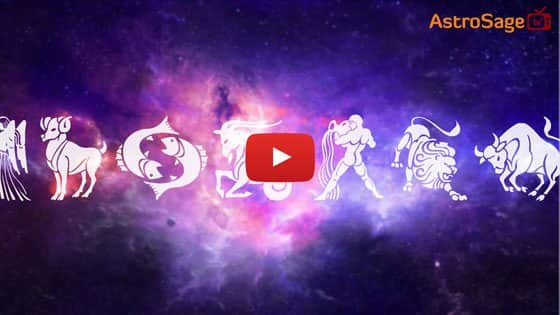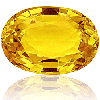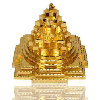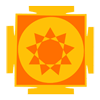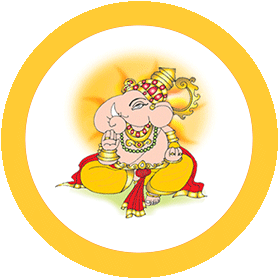Indian Calendar 2572 - Festivals
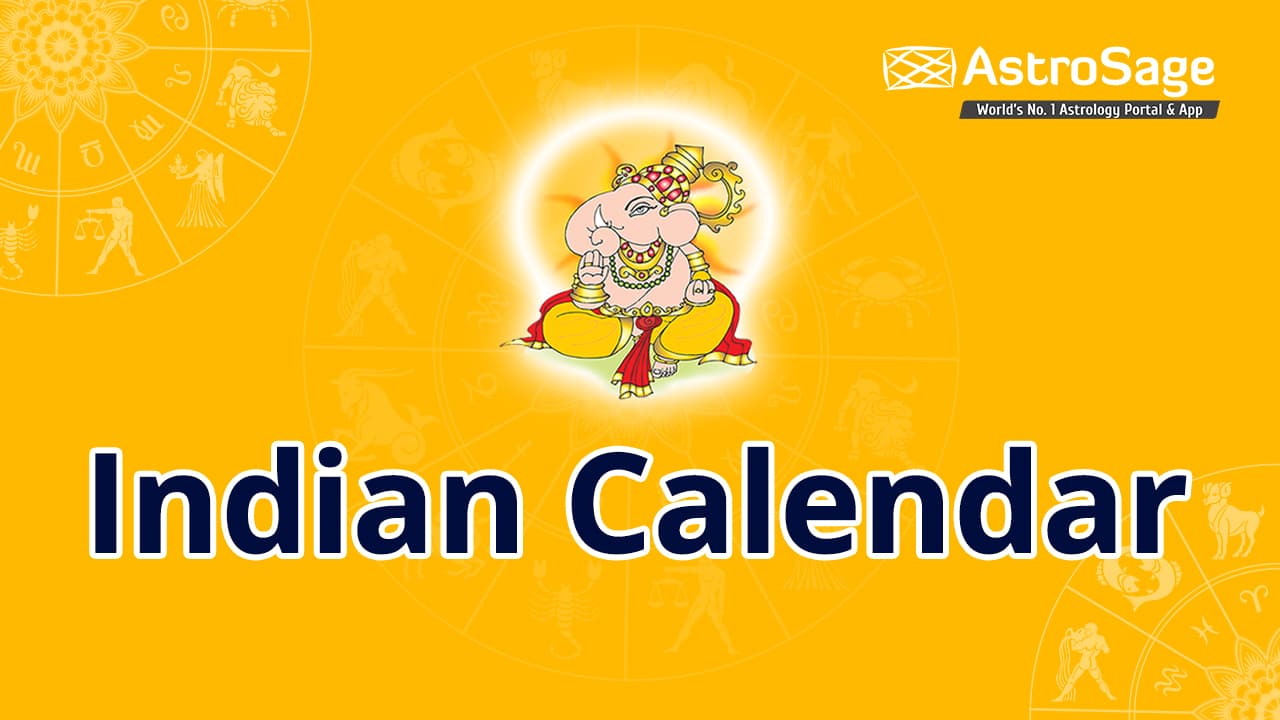
| January 2572 | Festivals |
|---|---|
| 1 Wednesday | New Year |
| 22 Wednesday | Lohri |
| 23 Thursday | Pongal, Uttarayan, Subhas Chandra Bose Jayanti, Makar Sankranti |
| 26 Sunday | Republic Day |
| February 2572 | Festivals |
|---|---|
| 19 Wednesday | Basant Panchmi, Saraswati Puja |
| March 2572 | Festivals |
|---|---|
| 14 Saturday | Mahashivratri |
| 30 Monday | Holika Dahan |
| 31 Tuesday | Holi |
| April 2572 | Festivals |
|---|---|
| 1 Wednesday | Bank's Holiday |
| 14 Tuesday | Chaitra Navratri, Ugadi, Gudi Padwa, Ambedkar Jayanti |
| 15 Wednesday | Cheti Chand |
| 21 Tuesday | Baisakhi |
| 22 Wednesday | Ram Navami |
| 23 Thursday | Chaitra Navratri Parana |
| 29 Wednesday | Hanuman jayanti |
| May 2572 | Festivals |
|---|---|
| 16 Saturday | Akshaya Tritiya |
| July 2572 | Festivals |
|---|---|
| 13 Monday | Jagannath Rath Yatra |
| 23 Thursday | Ashadhi Ekadashi |
| 26 Sunday | Guru Purnima |
| August 2572 | Festivals |
|---|---|
| 13 Thursday | Hariyali Teej |
| 15 Saturday | Nag Panchami, Independence Day |
| 24 Monday | Raksha Bandhan |
| 27 Thursday | Kajari Teej |
| September 2572 | Festivals |
|---|---|
| 1 Tuesday | Janmashtami |
| 11 Friday | Hartalika Teej |
| 12 Saturday | Ganesh Chaturthi |
| 20 Sunday | Onam/Thiruvonam |
| 22 Tuesday | Anant Chaturdashi |
| October 2572 | Festivals |
|---|---|
| 2 Friday | Gandhi Jayanti |
| 9 Friday | Sharad Navratri |
| 16 Friday | Durga Puja Ashtami |
| 17 Saturday | Durga Maha Navami Puja, Sharad Navratri Parana |
| 18 Sunday | Dussehra |
| 25 Sunday | Karva Chauth |
| November 2572 | Festivals |
|---|---|
| 4 Wednesday | Dhanteras |
| 5 Thursday | Narak Chaturdashi |
| 6 Friday | Diwali |
| 7 Saturday | Govardhan Puja |
| 8 Sunday | Bhai Dooj |
| 12 Thursday | Chhath Puja |
| 14 Saturday | Children's Day |
| December 2572 | Festivals |
|---|---|
| 25 Friday | Merry Christmas |
Indian Calendar 2572: India, known for its rich diversity and variety of religions, has a colorful variety of festivals celebrated with extraordinary enthusiasm. Whether one practices Islam, Sikhism, Hinduism, or Christianity, the spirit of celebration links us all. However, figuring out the particular dates of these festivals might be difficult. In response, we provide the Indian Calendar as a solution for simplifying your scheduling.
Indian Calendar 2572 has been curated by the expert astrologers of AstroSage. Here,you will find all the dates of Indian festivals and fasts falling in 2572. Do you want to make 2572 more special? Check out this calendar and ensure you dont miss any important events in the new year!
This special Indian Calendar for {0}, created by AstroSage, is a wonderful resource for our readers. It includes a full list of famous events in India, including fasts, festivals from many religions, and government holidays during the year {0}.
Origin of Indian Calendar
The Indian National Calendar, also known as the Shalivahana Shaka Calendar, is commonly used for delivering information or news alongside the Gregorian Calendar. In the 1950s, the Calendar Reform Committee performed a survey that revealed the use of approximately 30 distinct calendars to identify Hindu, Buddhist, and Jain festivals. While all calendars shared basic ideas rooted in ancient rituals and astronomical practices, their diversity created issues.
Muslims in India, on the other hand, followed the Islamic calendar, while the Indian government followed the Gregorian calendar for administrative purposes. The Calendar Reform of 1957 C.E. tried to resolve this variability by formalizing a structured lunisolar calendar as Indias National Calendar. To ensure synchronization, leap years were synchronized with the Gregorian calendar.
Despite these attempts, regional variations persist, and the government continues to use the Gregorian calendar for administrative purposes. Holidays represent regional, ethnic, and religious variety by adhering to specific beliefs and traditions. In terms of ethics, astrologers use the Panchang or Panchangam (Hindu Lunar Calendar) to find auspicious marriage dates following horoscope compatibility.
Structure of Indian Calendar
The Shaka Calendar is based on the luni-solar system as per time, and consists of 12 months and 365 days. The first month in Indian Calendar is Chaitra and the last is Phalguna. The names of the months as per Shaka Calendar are as follows:
1. Chaitra
2. Vaishakha
3. Jyeshtha
4. Ashadha
5. Shravana
6. Bhadra
7. Ashwin
8. Kartika
9. Agrahayana
10. Pausha
11. Magha
12. Phalguna
The National Calendar is an advanced modification of Indian Solar Calendars still existing in the regions. The principle unit remains the civil day and era is Saka era. It is structured so as to correspond with the Tropical or Sayana year and not traditional Sidereal or Nirayana year.
Religious holidays are based on lunisolar calendar which acknowledges specific positions of Moon and Sun. Majority of festivals and holidays occur on a mentioned lunar tithi (date) while others on solar tithis.
Lunar Calendar is witnessed as the main element when providing predictions in Vedic Astrology or calculating muhurat, festivals and so on, planet Sun has its own significance. A Solar Calendar narrates the apparent position of planet Sun in the universe. One such example is Gregorian Calendar, which is used internationally and counted as the standard tool. In astrology, a solar month describes the position of Sun’s longitude to increase during the interval by 30 degree corresponding to its passage through a zodiac sign.
Indian Solar Calendar
Indian Calendar as per Solar Month is given below which describes the Hindu months and their Gregorian dates. Below dates approximately corresponds with the Gregorian calendar based on the position of Sun. the table is provided for you for reference purposes.
| S.No. | Indian Religious Calendar (Solar Month) | Approx. Greg. Date |
|---|---|---|
| 1 | Caitra | Mar. 14 |
| 2 | Vaisakha | Apr. 13 |
| 3 | Jyestha | May 14 |
| 4 | Asadha | June 14 |
| 5 | Sravana | July 16 |
| 6 | Bhadrapada | Aug. 16 |
| 7 | Asvina | Sept. 16 |
| 8 | Kartika | Oct. 17 |
| 9 | Margashirsha | Nov. 16 |
| 10 | Pausa | Dec. 15 |
| 11 | Magha | Jan. 14 |
| 12 | Phalgura | Feb. 12 |
Types of Calendars
There are three types of Calendar affiliated in India:
● The Solar Calendars: The calendar is based on motion of the sun on a yearly basis, sidereal or tropical. Some famous examples are French, Gregorian, Roman calendars and Indian Solar Calendars used in the areas of Assam, Bengal, Haryana, Kerala, Punjab, Orissa, Tamil Nadu and Tripura. An actual solar calendar doesn’t consists of number of days, hence in order to synchronize, days are summed up and leap years are formed. Indian National Calendar comes under this category.
● The Lunar Calendars: It is based on the monthly phases of Moon and its cycle and isn’t related to the motion of Sun whatsoever. Islamic Hejira Calendar is one such example and a pure lunar calendar. It consists of 12 months, with 2 months covering the time period between two new moons. Each Lunar month is about 29.5 days long.
● The Lunisolar Calendar: It accumulates yearly motion of Sun and monthly phases of Moon. some examples are Jews and Babylonian calendars along with Indian Calendars used in Andhra Pradesh, Bihar, Gujarat, Karnataka, Kashmir, Madhya Pradesh, Maharashtra, Rajasthan, Uttar Pradesh.
Adoption & Official Usage
Indian Calendar was officially adopted in 1957 by Calendar Reform Committee as a significant part of Nautical Almanac and Indian Ephemeris. The need for a unified calendar was voiced by none other than the first prime minister of India, Pt. Jawaharlal Nehru. He said as quoted,
They (different calendars) represent past political divisions in the country…. Now that we have attained Independence, it is obviously desirable that there should be certain uniformity in the calendar for our civic, social, and other purposes, and this should be done on a scientific approach to this problem.
One main criteria was to make the calendar free of any religious or regional conflict, easy to navigate, relatable and precise. Hence, the committee came up with Saka Calendar, which was made official on March 22, 1957 or Chaitra 1, 1879.
Significance
The Saka Calendar represents the Indian beliefs and culture and traditions. Adopting it as the national calendar is a tribute to ancient innovation and ideas. This calendar is observed beyond Indian borders by Hindus in Java, Bali Indonesia and other Southeast Asian countries. Its most noted uses are:
● In the Gazette of India along with Gregorian calendar
● At All India Radio Broadcasts
● By Govt. of India to provide documents, timetables, communication via Saka Calendar dates
You can get detailed list of Government, Hindu, Islamic, SIkh and Christian holidays and festivals from this page.

 ₹
₹ 






